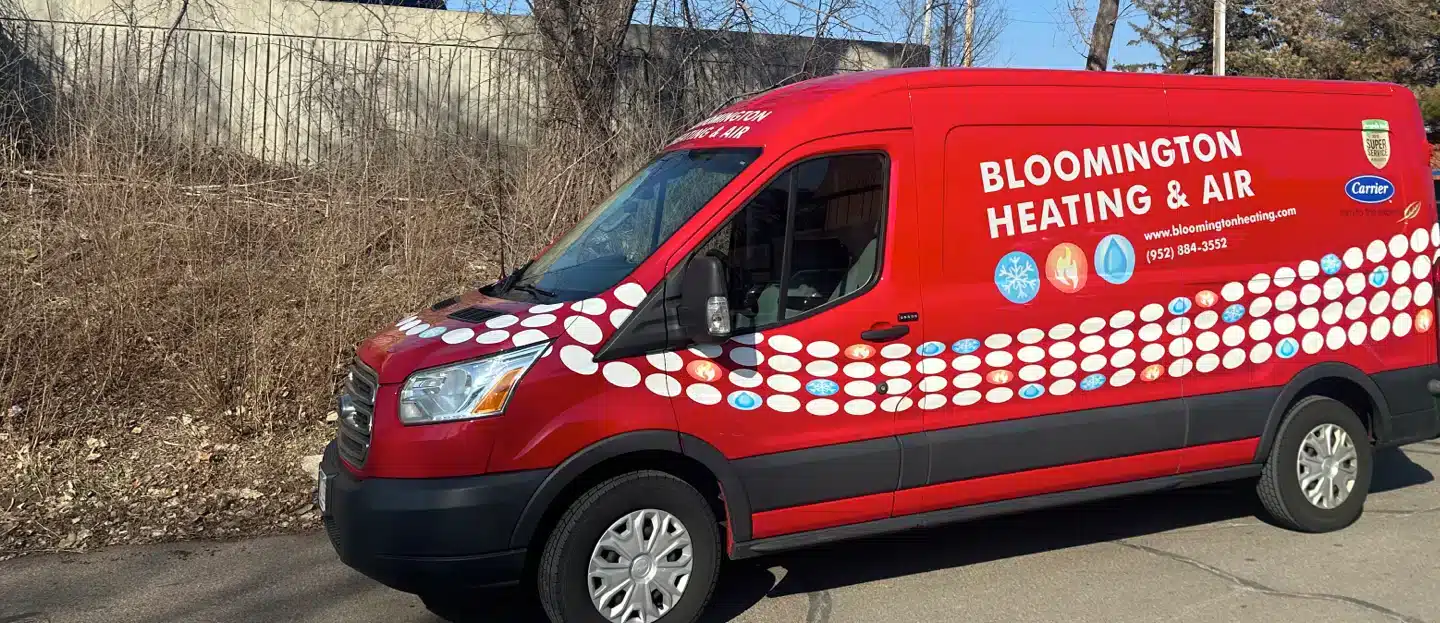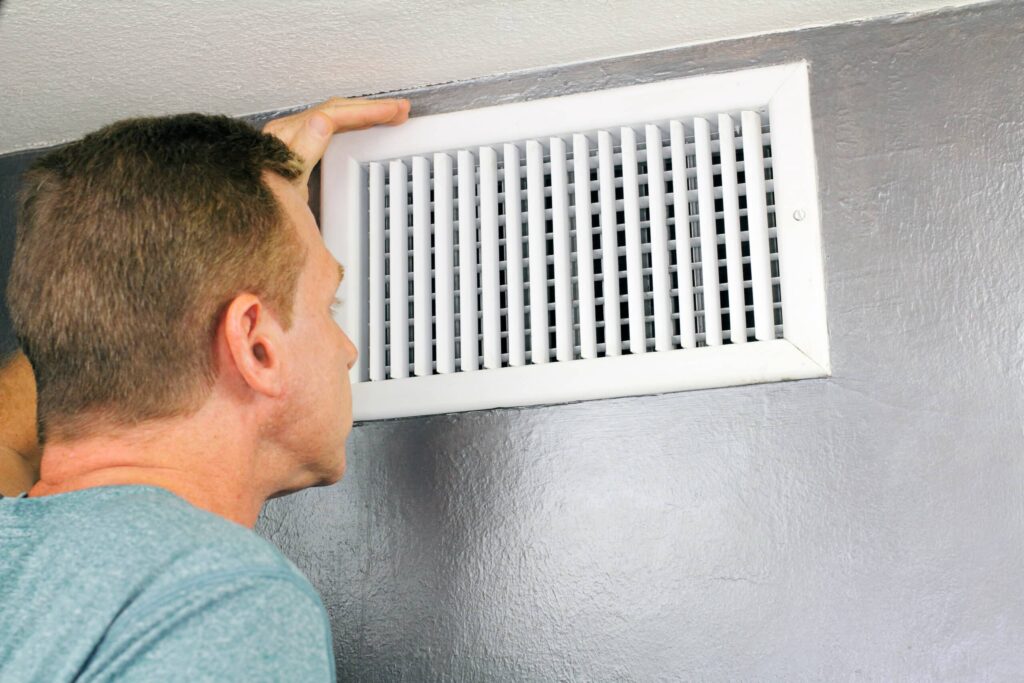
24/7 Emergency Phone Line
Family Owned & Operated
Licensed, Bonded & Insured
You may think you have a pretty good understanding of how your AC system works, but many people believe these five untrue myths. Read on to discover what’s true and see if you fell for any of these myths.
No matter the myths, the expert HVAC technicians at Bloomington Heating & Air can provide all of the HVAC services you may need, including emergency HVAC repairs. Contact us today to schedule an HVAC appointment.
Bigger Is Better
When it comes to AC units, size does matter, but maybe not the way most people expect. Just like the tale about Goldilocks, an AC unit should neither be too big nor too small. Instead, it has to be just right. A new AC installation should be sized correctly based on the cubic feet of the area it will heat or cool. If the AC is too large, it will turn off and on too frequently as the heating and cooling capacity is too much. This can wear the system out faster and cost more money in energy to run the unit. Having the correctly sized AC can ensure the unit works efficiently and runs as frequently as it is rated.

Closing Vents Will Save Money
You may think closing vents in an unused room will require less airflow, thus saving you money, but that’s not how the AC works. Whether a vent is closed or not, the AC will blow just as hard. Not only does this create increased pressure in the air ducts, but it doesn’t save you anything. In fact, it may end up costing you more as heat from the closed-off room can affect the rest of the house, requiring the AC to work longer to cool the house to the set temperature. Additionally, closing vents can compromise the air quality in the entire house by restricting airflow and filtering.
Turn The AC Off When Not At Home
Many people try to save some money by turning the AC off when they’re gone during the day. While this means your AC won’t be using energy during this time, it also means your home is going to become closer to the outdoor’s temperature. Once you get home and turn the AC on, your system will have to work harder and longer to bring the temperatures back to a moderate temperature. Instead of turning the AC off, set the temperature to a maximum of 84 degrees while you’re away. This will help keep temperatures manageable and ensure the air isn’t stagnant or humid when you come home.
Turn The AC Lower To Cool Faster
If you’re coming inside from the heat, you may be tempted to punch the thermostat down a few degrees to get that blast of much-needed cool air. However, this isn’t really necessary and can be a bit overkill, costing you more energy consumption. It doesn’t matter how low you turn your thermostat, the unit will work at the same speed to drop the temperature, whether it’s one degree or five. If you need a boost of cool air, drop it a degree at a time until you’ve cooled off, or consider turning on a fan to increase airflow and utilize your body’s natural cooling system.
The Outdoor Unit Doesn’t Need To Be Cleaned
Most people believe they can just forget about the outdoor unit without consequence. However, out of sight doesn’t mean it should be out of mind. Similar to the AC filter, the outdoor unit should be occasionally cleaned to ensure proper function. That’s because the outdoor coils play a vital role in transferring heat from inside your home to the outside. Scheduling routine HVAC maintenance can ensure any clogs from dirt, leaves, or other debris is caught early before it creates an issue. You should also remove any items from around the unit and spray it down while it’s off at least once a season.
